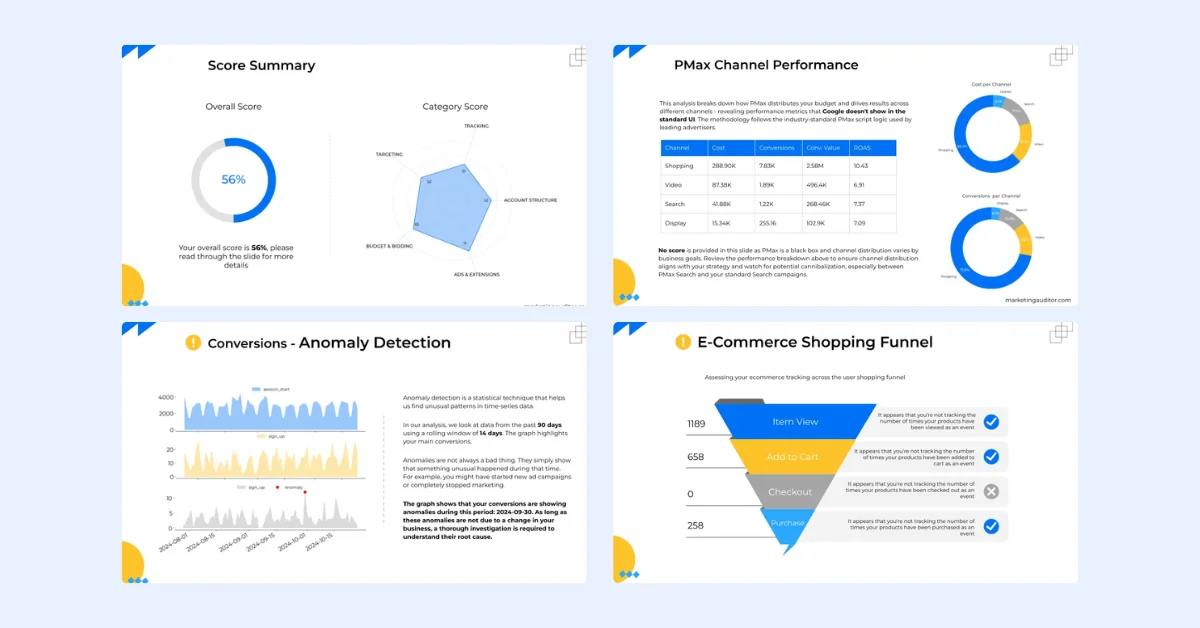Data indicates that 2024 is when AI at work becomes reality, with generative AI usage nearly doubling in the last six months. Employees are integrating AI into their work due to increasing work volume and pace. However, many organizations lack a plan to apply AI to drive the bottom line, causing leadership inertia.
The labor market is set to shift, with AI playing a significant role. Despite job loss fears, leaders report a talent shortage for key roles. AI is expected to raise the bar but break the career ceiling for many employees.
Microsoft and LinkedIn surveyed 31,000 people across 31 countries to understand how AI will reshape work and the labor market. Findings reveal that employees want AI at work and won't wait for companies to catch up. AI is being integrated into the workplace at an unexpected scale, with 75% of knowledge workers using AI at work today.

However, the pressure to show immediate ROI is making leaders move slowly. 79% of leaders agree their company needs to adopt AI to stay competitive, but 59% worry about quantifying the productivity gains of AI. This uncertainty is stalling vision: 60% of leaders worry their organization’s leadership lacks a plan and vision to implement AI.
Employees are bringing their own AI tools to work (BYOAI), with 78% of AI users doing so. 52% of people who use AI at work are reluctant to admit to using it for their most important tasks.
AI is also beginning to impact the job market. 55% of leaders say they’re concerned about having enough talent to fill roles in the year ahead. 66% of leaders say they wouldn’t hire someone without AI skills. 71% say they’d rather hire a less experienced candidate with AI skills than a more experienced candidate without them.
Finally, the research identifies four types of AI users on a spectrum—from skeptics who rarely use AI to power users who use it extensively. Power users are familiar to extremely familiar with AI, using it at work at least several times a week and saving more than 30 minutes a day. Power users say AI makes their overwhelming workload more manageable, boosts their creativity, and helps them focus on the most important work.




















